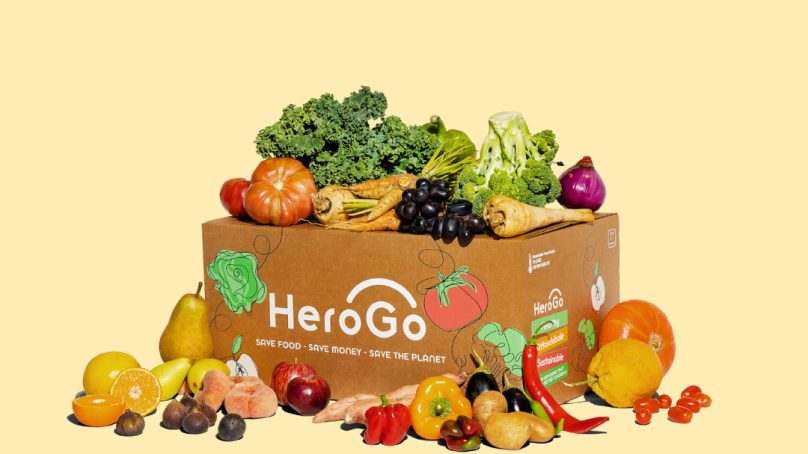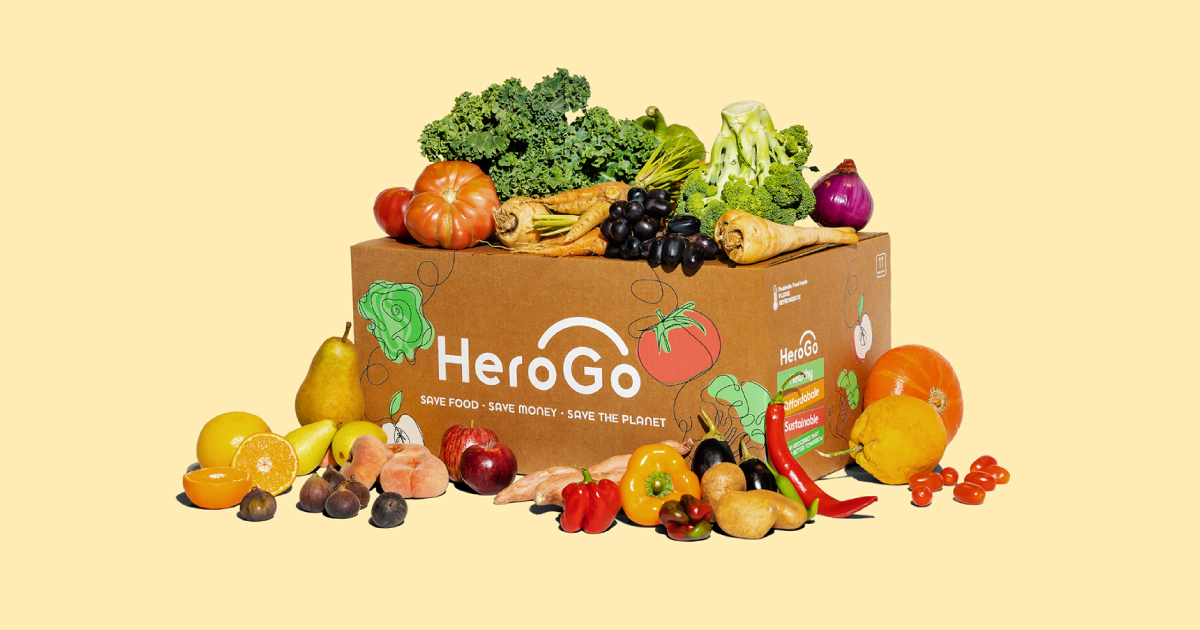

Eco-literacy involves the complex relationship between humans and nature. We all need to understand how natural systems work — how to conserve energy and water, how land use affects species diversity or agricultural productivity, how climate change is affecting ecosystems — and apply that knowledge in an ethical manner.
Business opportunities
There are many growing business opportunities for eco-literate companies and organizations in today’s world. One of the greatest opportunities lies in fostering an environmentally conscious mindset. Eco-literacy combines a thorough understanding of sustainability issues with knowledge of how to make decisions that support a healthy environment. With rising awareness on climate change and its devastating effects, eco-literacy is becoming increasingly important.
It is not just business as normal; many companies are now doing their part and investing in making the world a better place. Other companies, like HeroGo, are built as impact businesses, making the planet the centerpiece of how we design our operations to not only focus on profit. This comes from three key core aspects: making sure our action as a business preserves the planet, has a positive social impact and is profitable. Moreover, becoming an eco-literate organization often leads to cost savings due to increased efficiency through better resource management practices. Examples can include utilizing more efficient technologies, reduced waste production/disposal costs and the elimination of unnecessary emissions/ pollutants from production processes amongst others.
Implementing strategies for a zerowaste Circular Economy
Creating a zero-waste circular economy for your business is an ambitious goal but is achievable. For us as a business, we are built for zero-waste, fighting to eliminate food waste. However, in a broader sense, in all industries, we need to look at zero waste from a perspective where materials are reused instead of discarded, creating a closed loop of value generation and resource maintenance.
By reducing or eliminating waste through “reuse, recycle and repair” techniques, businesses can ensure their resources do not dissipate over time. This approach has many benefits: greater cost savings through efficient use of resources; better environmental stewardship as fewer raw materials are needed; improved public health outcomes due to reduced pollution; and happier customers who appreciate companies that care about sustainability.
Tips for eco-literacy in hospitality
Being eco-literate is key for those working in the hospitality or catering industries to become zero waste. Zero waste is the ultimate goal for many modern businesses that prioritize sustainability: reducing their carbon footprint and making sure they are doing all they can to protect the planet and its resources. At HeroGo, our packaging is eco-friendly and delivery is scheduled rather than on demand, which allows us to help make society more sustainable, reduce emissions, all while keeping your food perfectly fresh and safe.
For others wishing to become more ecoliterate, here are some tips:
1. Reuse, recycle, and repurpose whenever possible. Be sure not to throw away items that could be used again; instead find ways to reuse them, such as by washing them (plastic containers and dishes), mending fabric items (tablecloths and uniforms), and upcycling furniture (tables and chairs).
2. To make things even easier for your staff, try setting up clear recycling systems throughout your place of work, such as separate bins for paper products and glassware. Display helpful signage with instructions on what goes where, specifically for food waste. Additionally, repurposing excess food scraps from kitchen prep can go into composting programs or even be used in recipes.
3. Minimize single-use products. Switch to reusable options or set up recyclable options like “return and earn” programs where customers can bring back any old containers/cups/bottles that were bought elsewhere.
4. Educate yourself and your team members on sustainability initiatives within the hospitality industry.

Daniel Solomon,
founder of HeroGo











